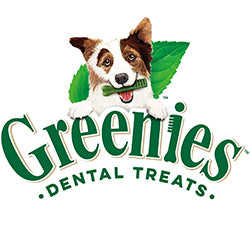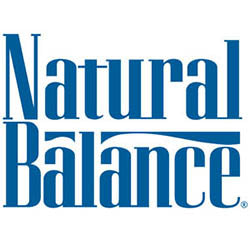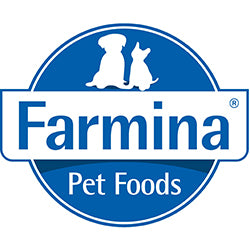
The Essential Vaccinations Every Pet Needs: A Comprehensive Guide to Protecting Your Pet's Health
Title: The Essential Vaccinations Every Pet Needs: A Comprehensive Guide to Protecting Your Pet's Health
Introduction
Vaccinating your pets is a very important aspect of responsible pet ownership. It is crucial to safeguarding their health and ensuring a long, happy life. This comprehensive guide delves into the vital vaccinations that every pet—both dogs and cats—requires, discusses the recommended schedules, and explains the importance of these vaccines in protecting against various diseases. With proper vaccination, you can prevent numerous ailments affecting your pet's quality of life and longevity.
Why Are Vaccinations Important for Pets?
Vaccinations play a pivotal role in preventive veterinary care. They prepare your pet's immune system to fend off potential infections by introducing a safe version of disease-causing organisms that do not cause illness but stimulate the immune system to build defenses. This preparation helps ensure that if your pet is ever exposed to the disease, their immune system is equipped to fight it off or reduce the severity of the illness significantly.
The benefits of pet vaccinations extend beyond individual health. They also contribute to the broader community's health by preventing the spread of transmissible diseases. This is particularly important in areas with high pet populations where diseases can spread rapidly.
Core Vaccinations for Dogs
Veterinarians recommend several core vaccinations for all dogs to protect against the most common and severe diseases:
- Rabies - Rabies is a fatal viral disease with significant health implications for pets and humans. Rabies vaccination is legally required in many areas because it poses a severe public health risk.
- Canine Distemper—This highly contagious virus affects dogs' respiratory, gastrointestinal, and nervous systems. It is often fatal, making vaccination crucial.
- Canine Parvovirus - Known for causing severe gastrointestinal illness, parvovirus is especially deadly in puppies. The vaccine is critical for preventing this potentially fatal disease.
- Canine Hepatitis (Adenovirus) - This vaccine protects against a virus that primarily affects the liver but can also impact the kidneys, spleen, and lungs.
Each vaccine plays a crucial role in maintaining your dog’s health; regular vaccinations are the key to preventing these diseases.
Core Vaccinations for Cats
Cats, much like dogs, require core vaccinations to protect against prevalent and severe diseases:
- Rabies - As with dogs, the rabies vaccine is essential and often a legal requirement for cats, given its potential to affect both pets and humans.
- Feline Distemper (Panleukopenia) - This highly contagious viral disease is life-threatening for cats, making vaccination a priority.
- Calicivirus - Responsible for respiratory infections, the vaccine helps the severity of any symptoms associated with the virus.
- Feline Herpesvirus - Often causing respiratory issues, this virus is managed effectively with regular vaccinations.
These vaccinations for your cat will help them lead a healthy and disease-free life.

Image Description: A cat receiving a vaccine at a veterinary clinic, highlighting the importance of professional health care for pets.
Recommended Vaccination Schedules
It is crucial to start vaccinations early in life. Puppies and kittens should get their first vaccines at six to eight weeks of age. These vaccines are then administered in a series every three to four weeks until they are about 16 weeks old. This series is critical to building up their immunity effectively.
For adult dogs and cats, booster vaccinations are typically recommended one year after the initial series and every one to three years, depending on the type of vaccine and the animal's exposure risk. It's essential to follow a veterinarian-recommended schedule based on your pet’s specific health needs, lifestyle, and the prevalent dangers in your area.
The Role of Titer Testing in Modern Veterinary Care
Titer tests are blood tests that measure a pet's immunity levels, and they can sometimes be used to determine if a booster vaccination is necessary. Discussing titer testing with your vet can provide insights into your pet’s immune status and help tailor the vaccination schedule to their needs without over-vaccinating.
Conclusion
Vaccinations are a critical part of your pet’s health care regimen that protect against potentially deadly diseases. By adhering to a regular vaccination schedule, you ensure your pet's health and happiness and contribute to the community's public health. Always consult a qualified veterinarian to customize a vaccination plan that suits your pet’s unique health needs.
This guide provides an in-depth look at why vaccinations are indispensable for pets, emphasizing ensuring that all pet owners understand the necessity of these preventive measures. Remember, a well-vaccinated pet is a cornerstone of a healthy pet community.
- Choosing a selection results in a full page refresh.












